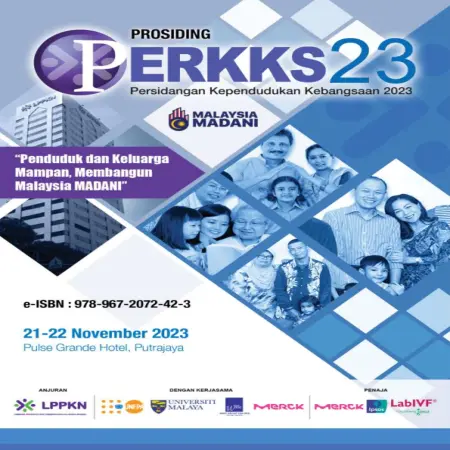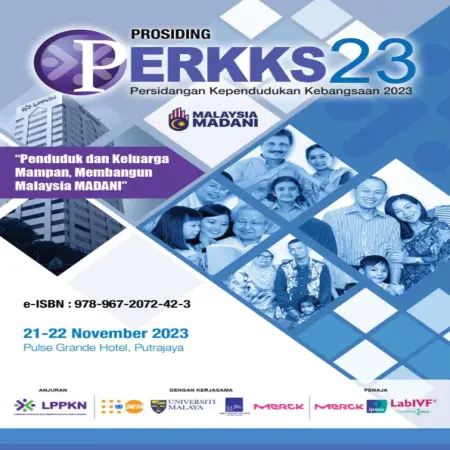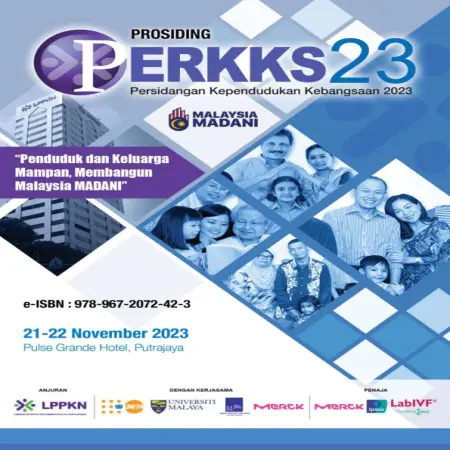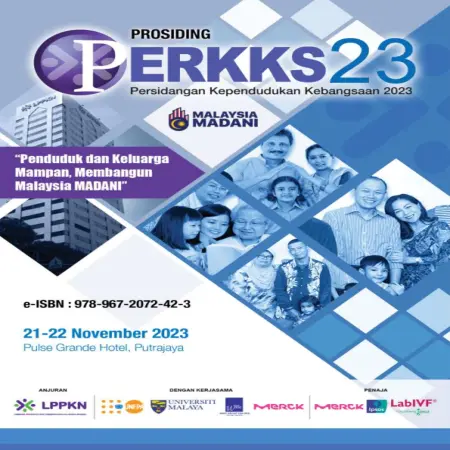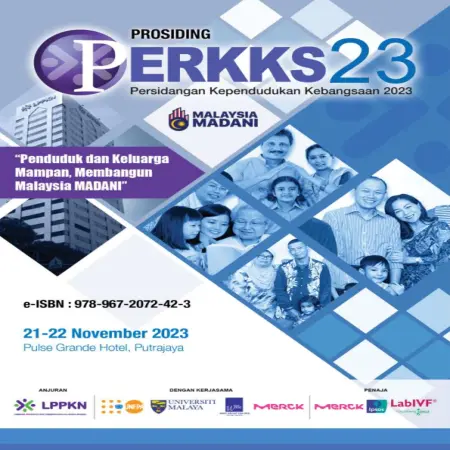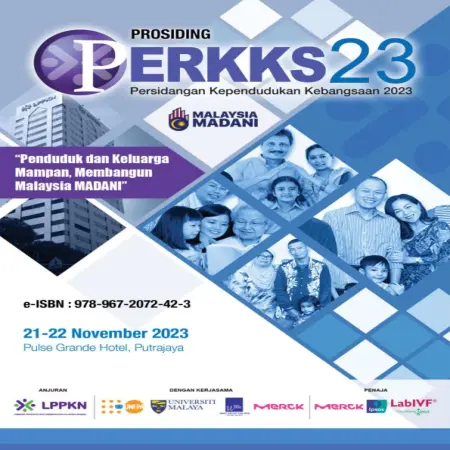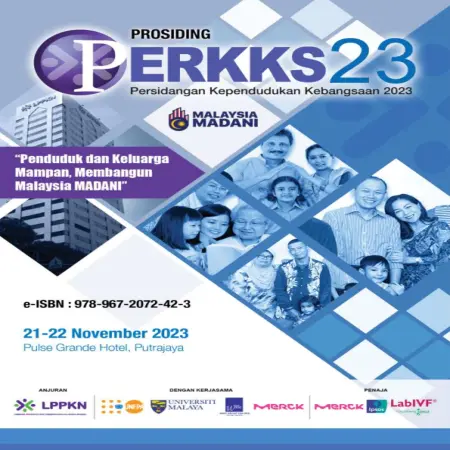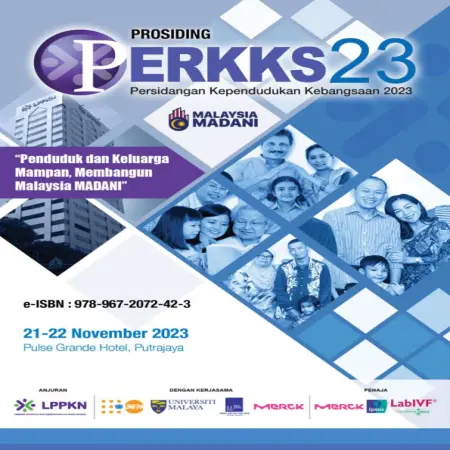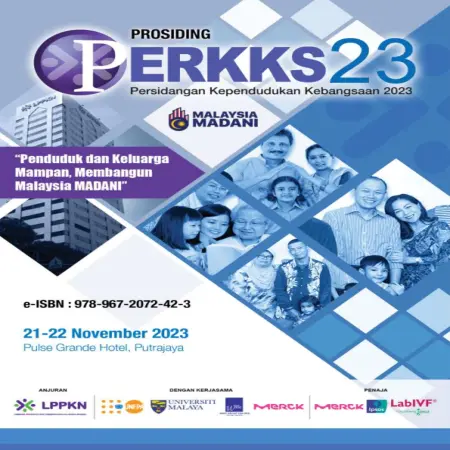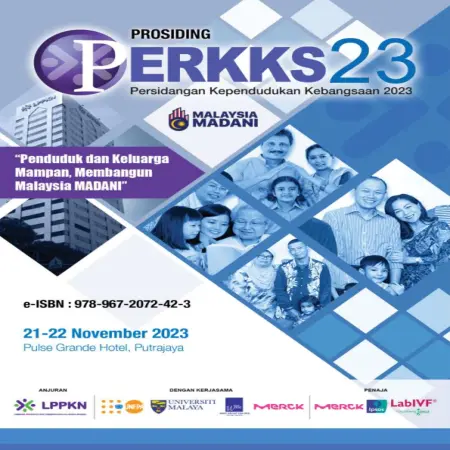PUBLICATIONS
|
|
The relationships between personal values, travel motivation, and subjective well-being of Malaysian adults
Item Type: Book Section
Editor:
Year: 00/12/2023
Abstract: The outbreak of coronavirus at the end of 2019 had affected many aspects of life such as economy, education, tourism, health and others. The pandemic forces everyone to obey the self-quarantine and social-distancing orders which adversely affect their social well-being. Past
research have showed that limited physical movement during the ‘lock-down’ period has been reported to reduce individual’s well-being. Based on this scenario, a study had been conducted to identify the relationship between importance of personal values, travel motivation, personality, and subjective well-being among Malaysian adults.
|
|
|
|
|
|
Using games to stimulate and motivate Esl students in Malaysia
Item Type: Book Section
Editor:
Year: 00/12/2023
Abstract: Vocabulary is a vital part of English second language education. Unfortunately, the teaching and learning process is challenging for students as regular classroom activities have become tedious and boring, which does not motivate them to learn. Not only that, but this also discourages them from practising outside of the classroom. To help encourage students to become more motivated in learning and improving their English vocabulary, teachers need to consider more creative activities to be used in the classroom.
|
|
|
|
|
|
Unleashing teen pregnancy in Malaysia and the revolving health care issues
Item Type: Book Section
Editor:
Year: 00/12/2023
Abstract: Increasing teen pregnancy cases are becoming a serious public health concern in both developing and developed nations for past decades. Teenage pregnancy occurs among adolescent girls between 10 and 19 years old. A recent study reveals that 14 out of every 1,000 female teenagers in Malaysia become pregnant every year. Such prevalence suggests there is still a lack of general understanding of reproductive health matters among the teenagers. The issue of teen pregnancy requires considerable attention to prevent more social and health problems such as more unintended pregnancies, baby dumping and extensive spread of sexually transmitted diseases within society.
|
|
|
|
|
|
Usability of ‘Rancanglah’ for health education in family planning: the perspective from healthcare personnel
Item Type: Book Section
Editor:
Year: 00/12/2023
Abstract: Advancement of digital technology brings great potential to complement current method in promoting family planning. Traditionally, health education on family planning is routinely delivered through face-to-face counseling during postnatal follow up at 6 weeks post-delivery. The innovation of RancangLah, a mobile-based application aims to educate women to choose the best family planning method for them apart from having awareness on their pregnancy risk.
|
|
|
|
|
|
Melaporkan kualiti tinjauan sistematik amalan bersesuaian pendidikan untuk kanak-kanak bawah dua tahun: Pematuhan mengikut garis panduan Prisma
Item Type: Book Section
Editor:
Year: 00/12/2023
Abstract: The aim of this study was to assess the quality of the reporting of the systematic review of educationally appropriate practices for children under two years of age using the guidelines of the Item Pelaporan Pilihan for Systematic Review and Meta-analysis (PRISMA). Results of searches from Scopus, Web of Science (WoS), and Taylor & Francis online have obtained 42 journal articles of empirical report data that describe the education of children under two tears of age starting in 2019-2023
|
|
|
|
|
|
Employability skill model development for people with disability (PWD): A Mixed-Methods Approach
Item Type: Book Section
Editor:
Year: 00/12/2023
Abstract: A disability of a human being does not define their identity and capabilities, the skillset does. Employability skills are one of the skills which are highly valued by employers and essential for effective workforce performance. The National Health and Morbidity Survey (NHMS) 2019 report stated that 11.1% of Malaysians above 18 years old who have disabilities in Malaysia are ready for working in industry. However, employers frequently disregard PWD chances due to 'red tape' and challenges in hiring PWDs to work in their company.
|
|
|
|
|
|
Factors affecting financial wellbeing among informal sector workers in Malaysia
Item Type: Book Section
Editor:
Year: 00/12/2023
Abstract: Challenges in the employment sector have become a global concern since the country was hit by the COVID-19 epidemic which caused a financial crisis, threatened the survival and wellbeing of the people and resulted in many individuals moving from the formal employment sector to the informal employment sector. The large size of the informal sector can hinder national development due to lower overall productivity, less tax revenue to the government, and lack of access to social safety nets and can lead to poverty, income inequality, and economic vulnerability.
|
|
|
|
|
|
Kepentingan pendidikan keusahawanan bagi mengurangi jurang kemiskinan dalam mencapai matlamat pembangunan mampan negara: kerangka konseptual
Item Type: Book Section
Editor:
Year: 00/12/2023
Abstract: The study was conducted on the importance of entrepreneurship education in reducing the poverty gap between urban and rural population. This study aims to study the effectiveness of entrepreneurship education in changing the living standards of a family. Sustainable development requires an education that is effective in lifting students out of poverty. Poverty is a global problem not only faced by the country of Malaysia but the whole world is facing the same problem.
|
|
|
|
|
|
Descriptive analysis : family planning method in Klinik Nur Sejahtera (National Population and Family Development Board Malaysia) in the year 2018 – 2022
Item Type: Book Section
Editor:
Year: 00/12/2023
Abstract: Family planning (FP) is a component of sexual and reproductive health (SRH) and refers to the human right of individuals to regulate the number and spacing of birth. In Malaysia, contraceptive prevalence rate (CPR) during the past three decades has remained stagnant, with only 34-35% of women practicing modern contraception, this number relatively low compared to global rate and neighboring countries (Najimudeen, 2014).
|
|
|
|
|
|
Review on big data analytics in population research: methods and application
Item Type: Book Section
Editor:
Year: 00/12/2023
Abstract: This exploration delves into the transformative influence of big data analytics on population research, encompassing methodologies, tools, applications, challenges, and their chronological distribution. It scrutinizes the digital era's impact on the field and the emergence of novel data sources and techniques. Key research papers contributing to this discourse are also highlighted.
|
|
|
|





